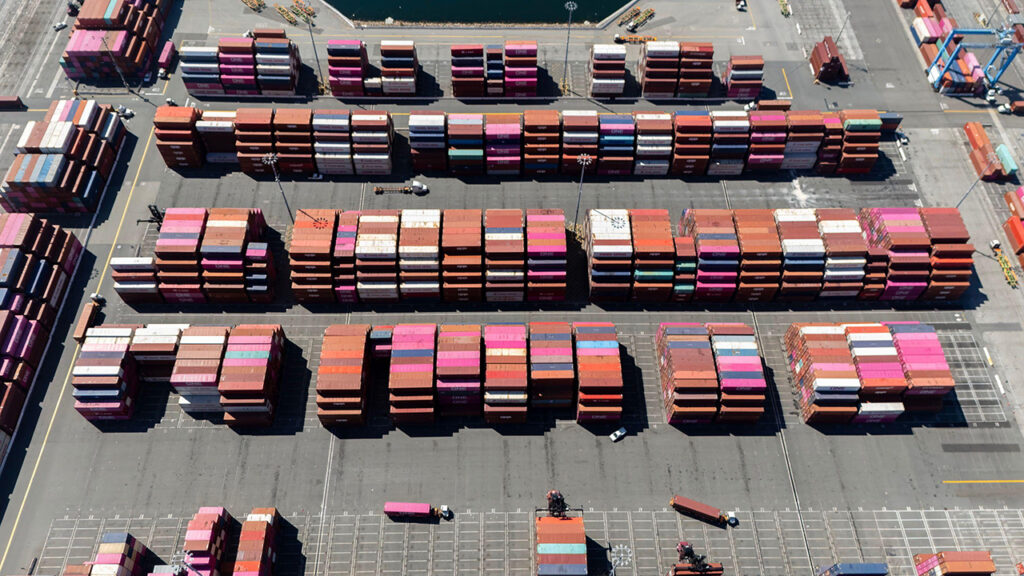Trade between China and the United States, two of the world’s most powerful economies, has been historically significant, impacting global markets, supply chains, and international relations. However, recent geopolitical tensions and economic policies have contributed to a noticeable decline in trade between these two nations. Various factors intertwine to create this evolving economic landscape, and understanding the dynamics at play is crucial for grasping the implications for both countries and the global economy.
One of the primary contributors to the decline in trade between China and the U.S. is the ongoing trade war that was officially initiated in 2018. Tariffs were imposed on a wide range of goods, leading to increased costs for businesses and consumers in both nations. Key industries such as agriculture, electronics, and manufacturing felt the impacts most severely. American farmers, for instance, suffered greatly when China retaliated by imposing tariffs on agricultural products, particularly soybeans, which heavily disrupted the American agricultural market. The ripple effects of these trade restrictions continue to be felt, as many producers have been forced to adapt to changing conditions or seek alternative markets.
Moreover, the COVID-19 pandemic exacerbated issues in trade, as both countries implemented varying degrees of lockdowns and restrictions that disrupted supply chains worldwide. The pandemic highlighted vulnerabilities within global supply chains, causing companies to reconsider their reliance on certain countries for manufacturing. Companies in the U.S. began exploring the concept of “reshoring,” where production is brought back to domestic shores, or “nearshoring,” where operations are relocated to nearby countries in order to reduce risk. This shift reflects a growing sentiment towards reducing dependency on distant suppliers, particularly in critical sectors like pharmaceuticals, technology, and essential goods.
In addition, changing political climates have added another layer of complexity. Under different administrations, trade policies have fluctuated significantly. The introduction of stricter export control regulations, especially in the technology sector, is indicative of a broader trend of increasing scrutiny over foreign investments and collaborations. The Biden administration has continued to address these issues, emphasizing the need for fairness in trade practices, while also investing in domestic innovation and competitiveness.
Furthermore, the technological rivalry between the U.S. and China has sparked a race for dominance in sectors such as artificial intelligence, telecommunications, and semiconductors. The United States has expressed concerns about intellectual property theft and unfair competitive practices from Chinese enterprises. This has led to increasing regulations on technology transfers and joint ventures, further straining economic ties. Companies operating within technology markets are navigating a complex landscape of national security concerns mixed with trade policies, adding pressure on their operations and international strategies.
The impact on consumers cannot be overlooked either, as rising prices due to tariffs and supply chain disruptions are being felt in everyday goods. From electronics to clothing, American consumers are experiencing increased prices, which can erode purchasing power. The shift in trade dynamics has led to consumers being more cautious, prompting them to seek alternatives and potentially impacting overall consumption patterns.
In summary, the trade relationship between China and America, once a cornerstone of global commerce, is currently facing a period of decline characterized by tariffs, supply chain disruptions, political tensions, and a growing emphasis on domestic production and security. The ramifications of these changes are complex and far-reaching, influencing everything from global market stability to local consumer habits. As both countries navigate this challenging terrain, the future of their economic relationship remains uncertain, with potential for further evolution or transformation in the years to come. The world watches closely as these two giants reflect on their intertwined destinies amid shifting political, economic, and societal landscapes.



